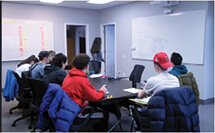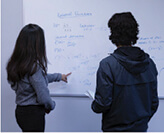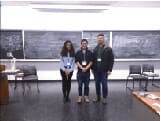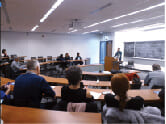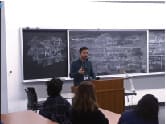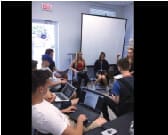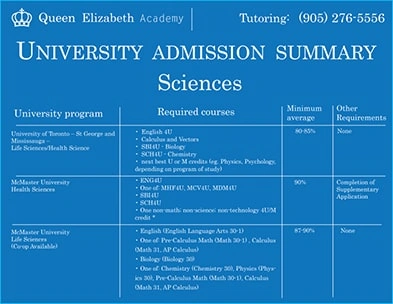Students come to secondary school with a natural curiosity developed throughout the elementary grades. They also bring with them individual interests and abilities as well as diverse personal and cultural experiences, all of which have an impact on their prior knowledge about science, technology, the environment, and the world they live in. Effective instructional approaches and learning activities draw on students’ prior knowledge, capture their interest, and encourage meaningful practice both inside and outside the classroom. Students will be engaged when they are able to see the connection between the scientific concepts they are learning and their application in the world around them and in real-life situations.
Students in a science class typically demonstrate diversity in the ways they learn best. It is important, therefore, that students have opportunities to learn in a variety of ways – individually, cooperatively, independently, with teacher direction, through hands-on experiences, and through examples followed by practice. In science, students are required to learn concepts and procedures, acquire skills, and learn and apply scientific processes, and they become
competent in these various areas with the aid of instructional and learning strategies that are suited to the particular type of learning. The approaches and strategies teachers use will vary according to both the object of the learning and the needs of the students.
In order to learn science and to apply their knowledge and skills effectively, students must develop a solid understanding of scientific concepts. Research and successful classroom practice have shown that an inquiry approach, with emphasis on learning through concrete, hands-on experiences, best enables students to develop the conceptual foundation they need. When planning science programs, teachers will provide activities and challeng that actively engage students in inquiries that honour the ideas and skills students bring to them, while further deepening their conceptual understandings and essential skills.
SPH4U physics 12



